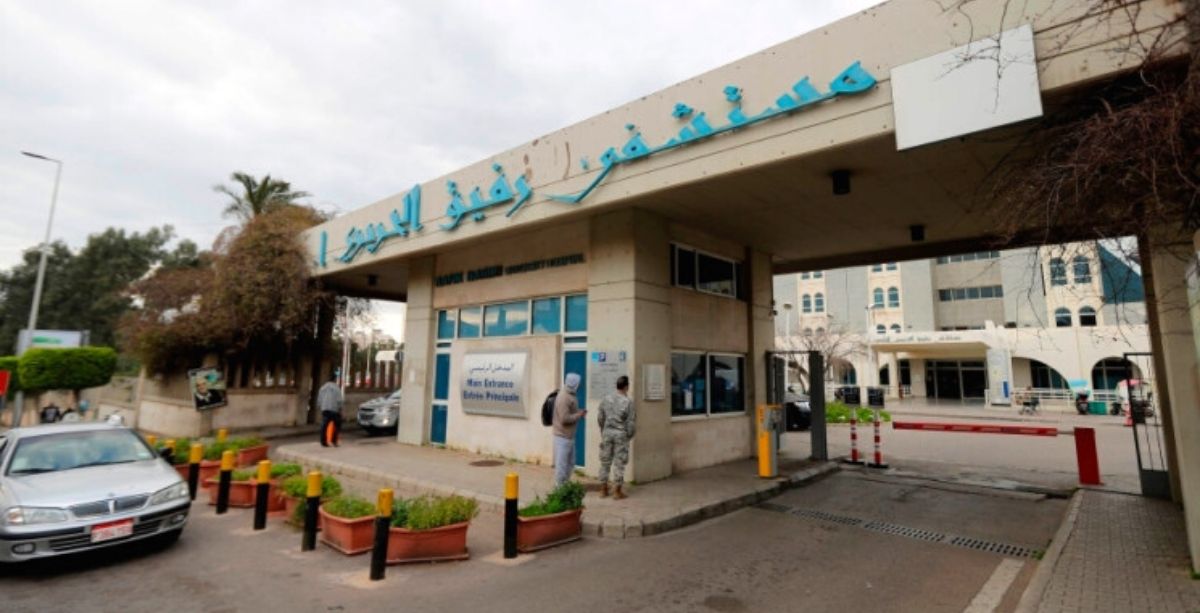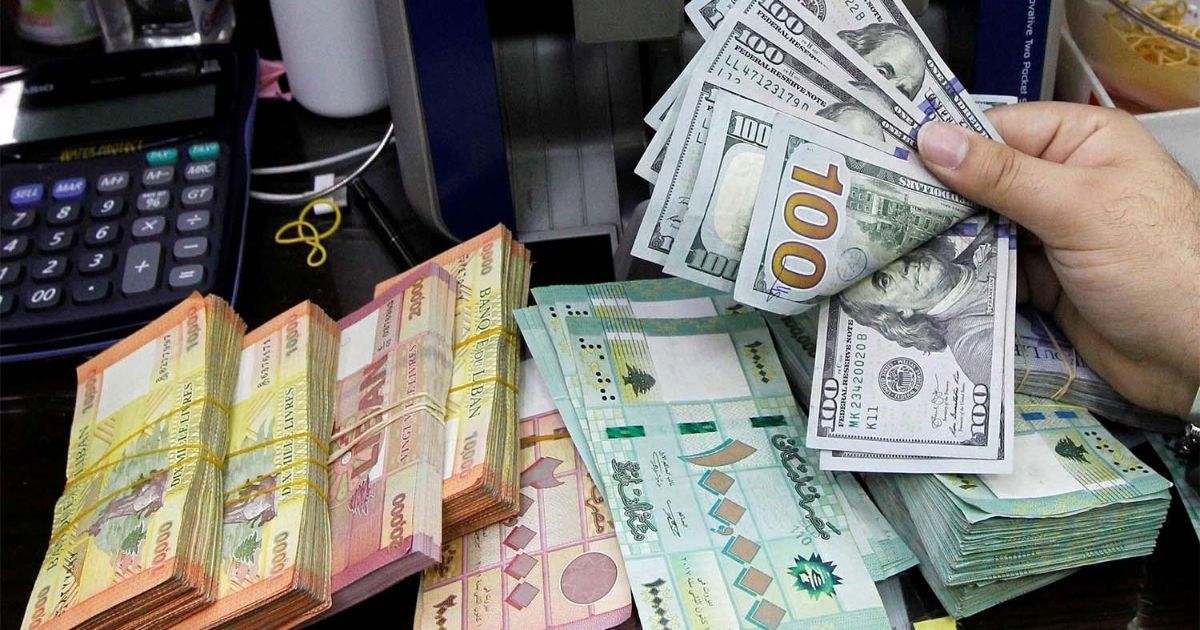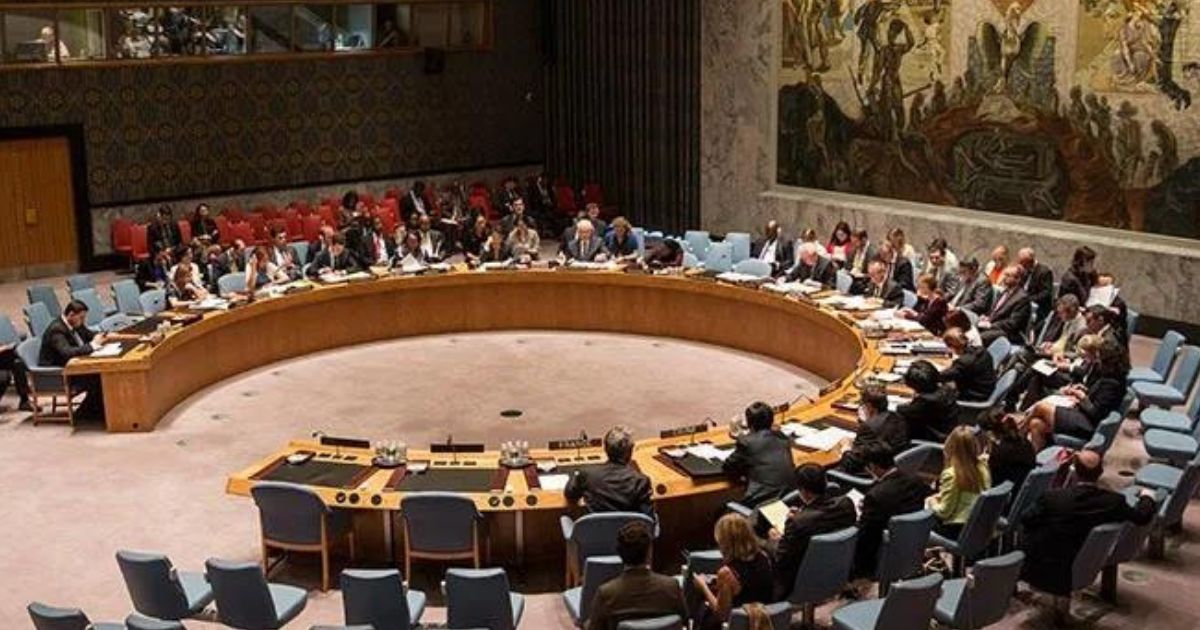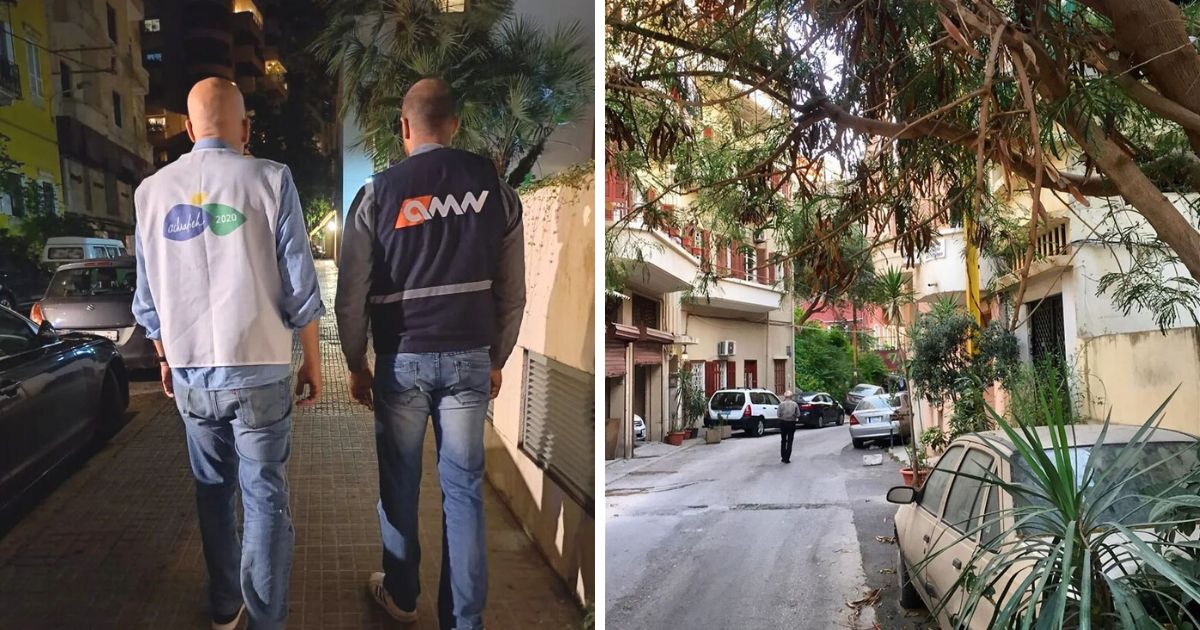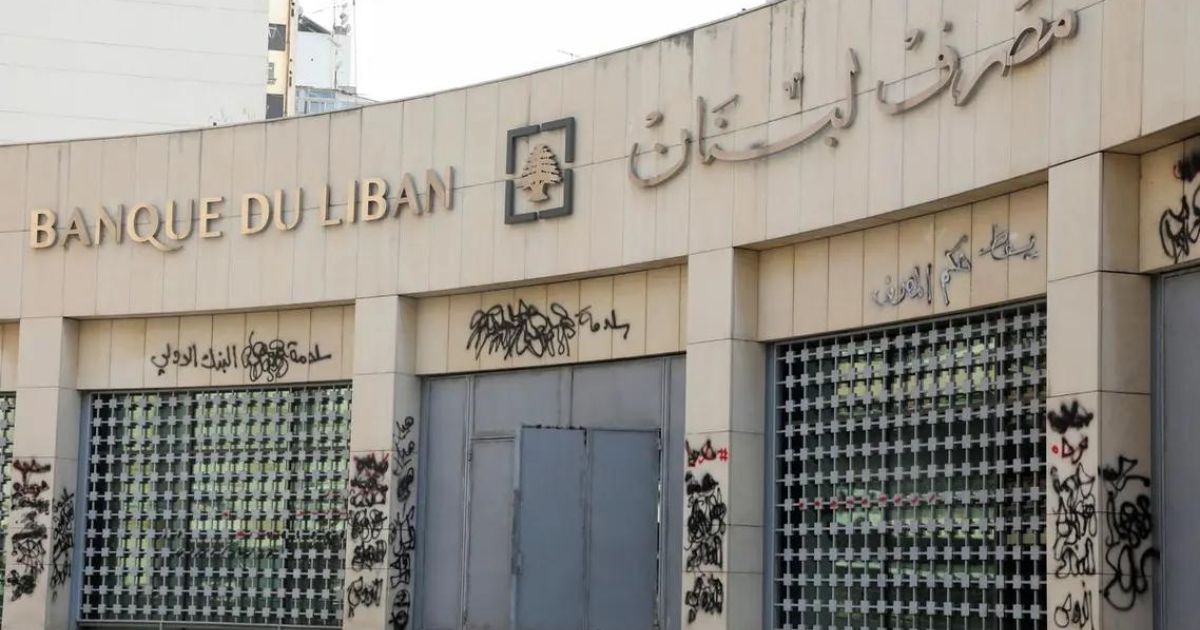The Syndicate of Bakeries explained in a statement that it needs to increase its production rate, to match the growing demand as a result of the presence of more than 700,000 tourists.
As explained, there is an increase in the demand for Lebanese flatbread due to the high prices of French bread and its derivatives, which flour’s subsidy had been lifted.
In addition, the Ministry of Economy reduced the quantities of subsidized flour for the white bread industry to 17,000 tons per month, yet without a sustainable solution to import wheat in sufficient quantities.
On the other hand, the World Bank loan to support wheat, amounting to 150 million dollars, is still suspended, and it has not yet found its way to implementation.
On the global level, the explosions two days ago in the city of Odesa on the Black Sea, one day after Kyiv and Moscow reached an agreement to resume Ukrainian grain exports through the Black Sea ports, raised fears that the agreement would be disrupted again or its implementation would slow down.
This will complicate matters and increase pressure on countries such as Lebanon that depend on Ukraine to import wheat.
The Lebanese Ministry of Economy announced to the citizens that lifting subsidies on bread is inevitable, provided that the price of the bundle does not exceed $1, with direct support to those most in need.
It remains that lifting subsidies without alternatives would materialize as a disaster for the Lebanese people amid the ongoing severe economic crisis.






